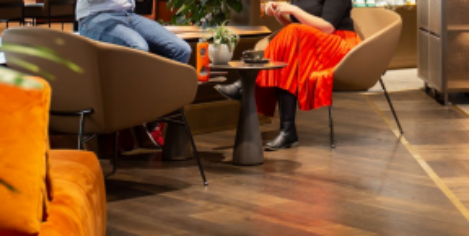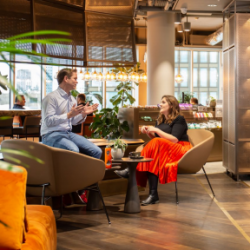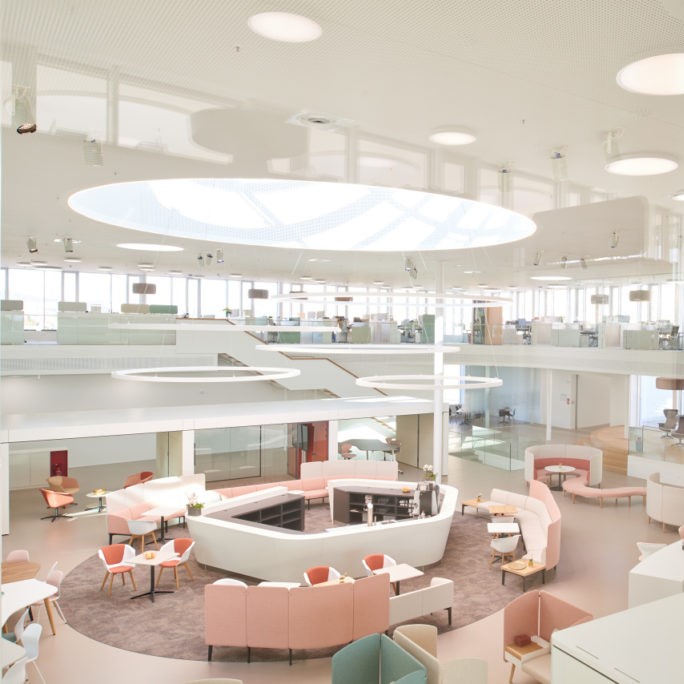May 17, 2022
Circular economy accelerator launched to address role of built environment in climate change
 The World Green Building Council (WorldGBC) and its network of over 70 Green Building Councils have launched a Circularity Accelerator — a global programme that sets out to accelerate the adoption of circular economy and resource efficiency principles in the building and construction sector. Last week, the United Nations (UN) reported we have a 50 percent chance of exceeding 1.5°C of global heating in the next five years. Between the UN Climate Summit of COP21 in Paris and COP26 in Glasgow, the global economy consumed 70 percent more raw materials than the Earth can safely replenish. More →
The World Green Building Council (WorldGBC) and its network of over 70 Green Building Councils have launched a Circularity Accelerator — a global programme that sets out to accelerate the adoption of circular economy and resource efficiency principles in the building and construction sector. Last week, the United Nations (UN) reported we have a 50 percent chance of exceeding 1.5°C of global heating in the next five years. Between the UN Climate Summit of COP21 in Paris and COP26 in Glasgow, the global economy consumed 70 percent more raw materials than the Earth can safely replenish. More →
































May 12, 2022
From commuting to computers, finding balance in the hybrid workplace
by Anni Hallila • Comment, Flexible working, Wellbeing